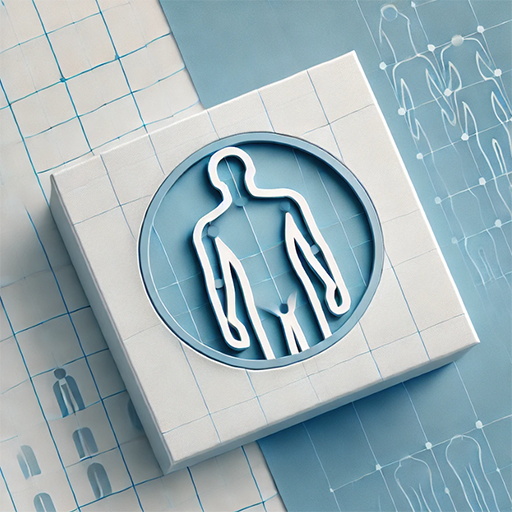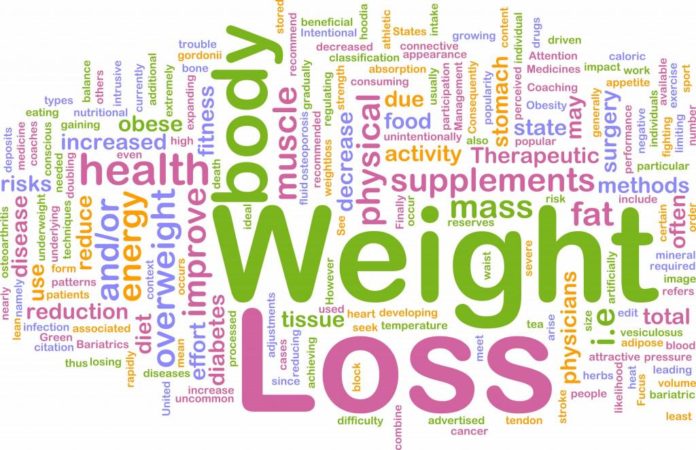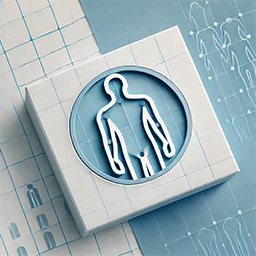Losing weight can feel like an uphill battle. You put in the effort, follow diets, and exercise regularly, yet the scale doesn’t budge. This struggle is more common than you might think. Many factors can make weight loss challenging, and understanding these can help you approach your goals more effectively.
1. Your Metabolism Might Be Slower
Metabolism plays a big role in weight management. It determines how quickly your body burns calories. Some people naturally have a slower metabolism, which means they burn fewer calories even at rest. Factors like age, genetics, and muscle mass influence metabolic rate. For example, as you age, your metabolism naturally slows down, making it harder to lose weight.
To combat this, focus on activities that boost your metabolism. Strength training is particularly effective because it builds muscle, which burns more calories than fat.
2. You Could Be Consuming Hidden Calories
It’s easy to underestimate how many calories you’re eating. Even healthy foods can pack a calorie punch if you’re not careful with portions. For instance, nuts, avocado, and olive oil are nutritious but high in calories. Additionally, drinks like coffee with cream, smoothies, and sodas can add up quickly without making you feel full.
Keep a food journal or use a calorie-tracking app to monitor your intake. This can help you spot patterns and make adjustments.
3. Hormonal Imbalances Can Play a Role
Hormones like insulin, cortisol, and thyroid hormones greatly affect weight. For example, insulin resistance can make it harder for your body to process sugar, leading to weight gain. High levels of cortisol, often caused by stress, can increase fat storage, particularly around your belly. If your thyroid is underactive, it can slow down your metabolism.
If you suspect hormonal issues, consult a doctor. They can recommend tests and treatments to help regulate your hormones.
4. Stress and Lack of Sleep Impact Your Progress
Chronic stress and poor sleep are major obstacles to weight loss. Stress triggers the release of cortisol, which can increase cravings for sugary and fatty foods. Lack of sleep, on the other hand, disrupts hunger hormones like ghrelin and leptin, making you feel hungrier and less satisfied after eating.
To address this, prioritize good sleep hygiene. Aim for 7-9 hours of quality sleep each night. Practice stress-relief techniques like meditation, yoga, or deep breathing exercises.
5. Your Body Is Fighting Back
When you lose weight, your body senses a change and tries to maintain its current weight. This is called metabolic adaptation. Your body may burn fewer calories and increase hunger signals as a way to protect itself from perceived starvation.
To overcome this, avoid overly restrictive diets. Instead, aim for a gradual calorie deficit and take breaks from dieting if needed. These breaks can help reset your metabolism.
6. You Might Not Be Moving Enough

Exercise is crucial for weight loss, but it’s not just about hitting the gym. Many people overestimate how many calories they burn during workouts and underestimate how much they sit throughout the day. Sedentary habits, like sitting at a desk or watching TV for long hours, can hinder weight loss efforts.
Incorporate more movement into your daily routine. Take the stairs instead of the elevator, go for short walks during breaks, or invest in a standing desk. These small changes can add up over time.
7. Emotional Eating Could Be a Factor
Many people turn to food for comfort during times of stress, sadness, or boredom. Emotional eating often leads to consuming high-calorie, low-nutrient foods, which can derail your progress.
To break this habit, identify your triggers and find healthier ways to cope. For example, when you feel the urge to eat emotionally, try journaling, calling a friend, or engaging in a hobby.
8. Medical Conditions May Be Interfering
Certain medical conditions can make weight loss harder. For instance, polycystic ovary syndrome (PCOS), hypothyroidism, and sleep apnea can all affect your ability to shed pounds. Medications for conditions like depression, anxiety, or diabetes can also lead to weight gain.
If you suspect a medical condition is holding you back, consult a healthcare professional. They can help diagnose and treat any underlying issues.
9. You’re Not Eating the Right Foods
What you eat matters as much as how much you eat. Diets high in processed foods, refined carbs, and added sugars can make it difficult to lose weight. These foods often lack fiber and nutrients, leaving you hungry shortly after eating.
Focus on whole, nutrient-dense foods like vegetables, fruits, lean proteins, and whole grains. These keep you fuller for longer and provide the energy your body needs.
10. Unrealistic Expectations Can Derail You
Many people expect quick results, but sustainable weight loss takes time. Setting unrealistic goals can lead to frustration and make you more likely to give up. Remember, losing even a small amount of weight—just 5-10% of your body weight—can significantly improve your health.
Set realistic, achievable goals. Celebrate small victories, like fitting into an old pair of jeans or having more energy throughout the day.
Final Thoughts
Weight loss is a complex process influenced by many factors. Understanding the reasons behind your challenges can help you create a more effective plan. Be patient with yourself and focus on making sustainable lifestyle changes. Remember, it’s not about perfection but about progress.



